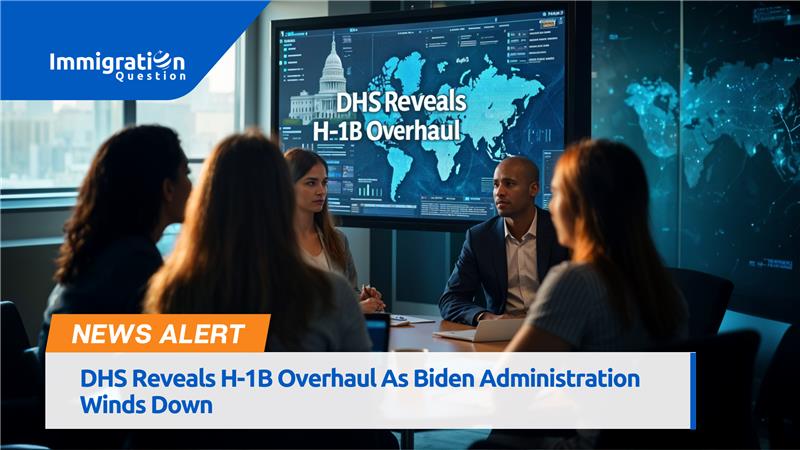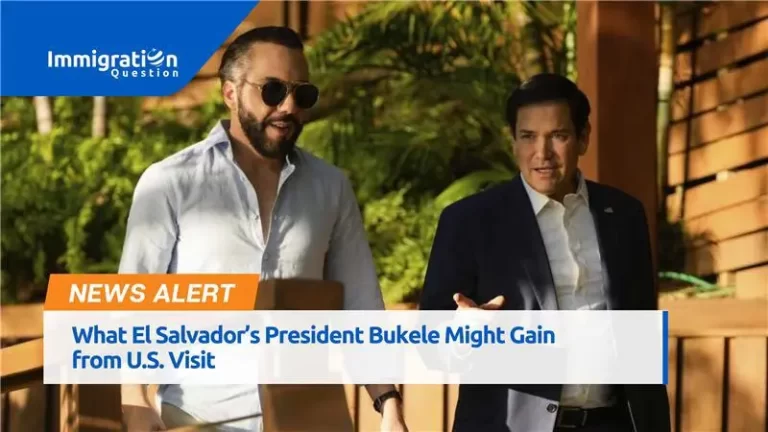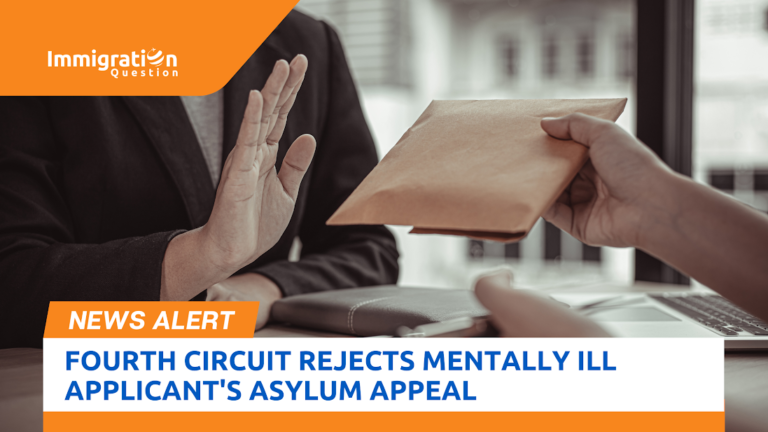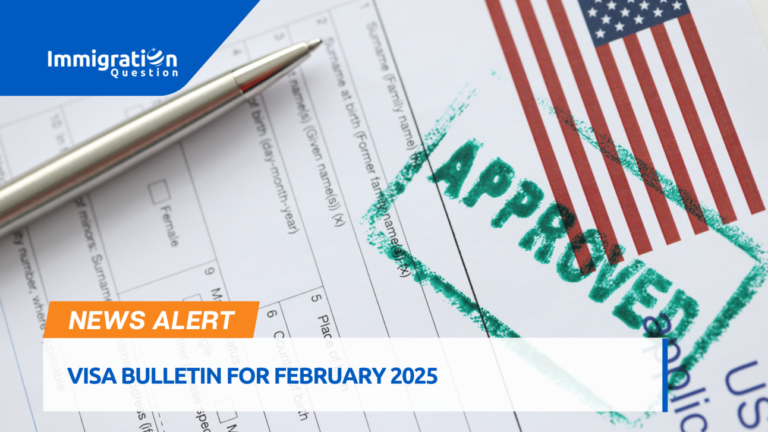DHS Reveals H-1B Overhaul Biden Administration Winds Down
The U.S. Department of Homeland Security (DHS) has announced a major overhaul of the H-1B visa program, bringing significant updates to improve efficiency, tighten eligibility, and modernize the process for foreign specialty workers. The Biden administration finalized these changes just weeks before the end of the current term, completing a proposal initially introduced in October 2023.
The H-1B program, which provides 85,000 visas annually – 20,000 reserved for workers with advanced degrees – primarily supports roles in the tech industry. These reforms are expected to impact employers, employees, and immigration attorneys alike.
Essential Features of the New Regulation
Deference to Prior Approvals
One of the standout changes involves codifying guidance for adjudicators to defer to prior visa approvals in cases involving the same employer, employee, and circumstances. This measure, aimed at reducing processing times, has garnered widespread support from immigration attorneys and stakeholders.
Immigration advocates view this change as a way to address potential delays and challenges under future administrations, ensuring smoother processing for those renewing or extending their H-1B status.
Tighter Eligibility Standards
The new rule introduces stricter eligibility requirements for occupations that qualify for H-1B visas. Under previous guidelines, applicants with general degrees, such as business administration or liberal arts, often faced scrutiny. The updated rule now mandates a “logical connection” between the degree and the job duties, removing references to specific degree titles.
According to DHS, this adjustment acknowledges that degree names vary across institutions and evolve. While this provision aims to clarify eligibility criteria, it has raised concerns among some immigration attorneys, particularly regarding its potential to exclude applicants with less specialized academic backgrounds.
Expanded Benefits for Non-profits and Foreign Students
Loosened Cap Exemptions
Another noteworthy reform affects nonprofit and governmental research organizations. Previously, these institutions were required to prove that research was their primary activity to qualify for cap exemptions. The updated rule lowers the threshold, allowing organizations whose “fundamental activity” is research to benefit from these exemptions.
Extended Status for Foreign Students.
The new regulation also relieves international students transitioning from optional practical training (OPT) to H-1B status. Their status and employment authorization will now be automatically extended, eliminating employment gaps during the transition process.
Enhanced Oversight and Compliance
The updated rule grants DHS the authority to conduct on-site visits to ensure employer compliance with H-1B program requirements. This measure underscores the administration’s commitment to maintaining the program’s integrity while addressing potential abuse.
Perspectives on the H-1B Overhaul Biden Administration
DHS described the changes as providing employers with greater flexibility to hire international talent and enhancing the nation’s economic competitiveness. It was also noted that the updates enable highly skilled workers to contribute further to American innovation.
The bipartisan organization FWD.us expressed optimism about the reforms, characterizing them as steps toward improving the efficiency and integrity of the H-1B program. The group added that while the regulation addresses significant issues, additional reforms are still necessary to meet the needs of the U.S. workforce and economy.
Final Thoughts: DHS Reveals H-1B Overhaul Biden Administration Winds Down
The latest overhaul of the H-1B visa program represents a significant milestone in U.S. immigration policy. By streamlining processes, tightening eligibility criteria, and expanding opportunities for specific groups, the reforms aim to balance the nation’s economic goals with program integrity.
However, as stakeholders navigate the updated framework, ongoing discussions will be essential to address any remaining challenges and ensure the program’s long-term success.
To stay updated and informed, watch our news section or drop your immigration queries on immigration question and get responses from professional attorneys.

